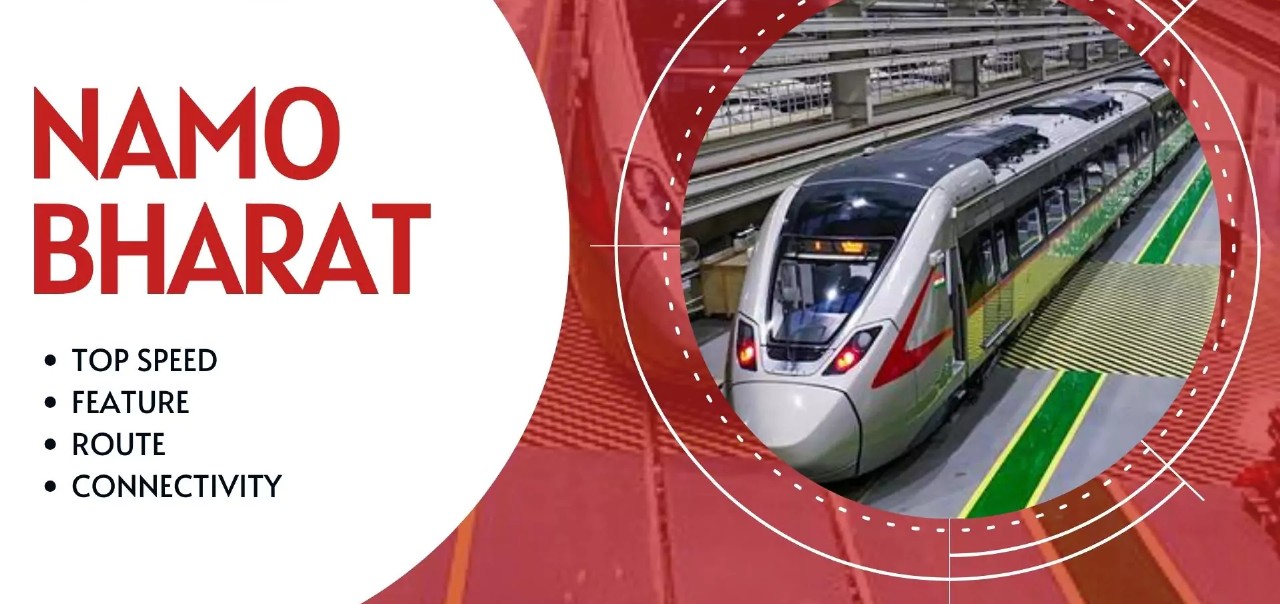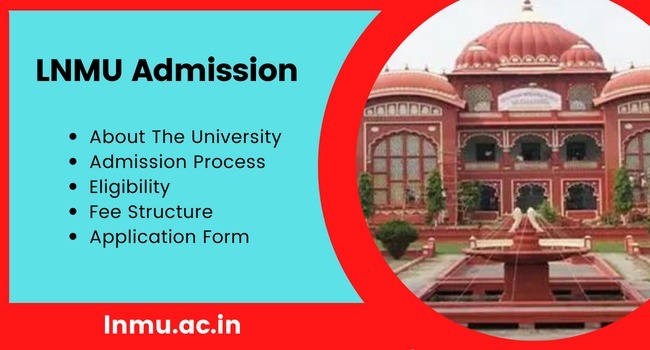
Follow WOWNEWS 24x7 on:

The long-awaited Namo Bharat Metro project, connecting Delhi to Meerut, is set to revolutionize commuting by drastically reducing travel time to approximately 30 minutes. This transformative infrastructure initiative is poised to enhance connectivity, promote regional development, and improve the daily lives of thousands of commuters. This newsletter offers an in-depth look at the project’s key features, timeline, benefits, and the significant impact it will have on the Delhi-NCR region.
Project Overview And Significance
The Namo Bharat Metro is a state-of-the-art rapid transit system designed to connect Delhi and Meerut efficiently, addressing the growing demand for fast and reliable transportation.
The project envisages a high-speed metro corridor stretching over several kilometers, integrating seamlessly with existing metro networks in Delhi.
By slashing travel time from the current 1.5 to 2 hours down to just 30 minutes, this link promises to promote economic activity and ease urban congestion.
Key Highlights Of The Project
Modern Technology: The metro will deploy advanced rolling stock and signaling systems, ensuring high-frequency, safe, and efficient services.
Integration: Stations will facilitate smooth transfers with other public transport modes, including local buses and regional trains.
Environmentally Friendly: The electric-powered metro will contribute to reducing vehicular emissions and traffic-related pollution in the region.
Accessibility: Designed to be commuter-friendly, the project incorporates facilities for differently-abled passengers, ample parking, and smart ticketing systems.
Construction Progress And Timeline
Significant construction activity has already commenced at key points along the corridor with civil works progressing on schedule.
Project stakeholders aim for phased commissioning, with some segments expected to be operational within the next 12 to 18 months.
Full completion and operational start date are targeted within the next two to three years, subject to regulatory approvals and final testing.
Economic And Social Impact
Enhanced Connectivity: Faster travel will improve access to jobs, education, and healthcare services, particularly benefiting residents in Meerut and adjoining areas.
Urban Development: The metro is expected to spur real estate growth, commercial investments, and urban renewal projects along the route.
Employment Generation: Construction and subsequent operational phases will create thousands of jobs, boosting local economies.
Reduced Road Traffic: With more commuters opting for metro travel, road congestion and accident rates may significantly decline.
Benefits For Daily Commuters
Time Savings: The substantial reduction in travel duration means better work-life balance and increased productivity.
Comfort And Safety: Modern amenities, climate control, clean stations, and round-the-clock security measures will enhance commuter experience.
Cost-Effectiveness: Affordable fares combined with speed make metro travel an attractive choice over traditional road transport options.
Challenges And Mitigation Measures
Land Acquisition: Navigating land acquisition processes has been a focal challenge, addressed through government facilitation and stakeholder engagement.
Technical Complexities: Managing construction in densely populated areas demands carefully planned logistics and safety protocols.
Funding And Collaboration: The project involves coordination between central, state governments, and private partners to ensure resource allocation and timely execution.
Government Vision And Support
Endorsed as a flagship infrastructure initiative, the project aligns with broader objectives of sustainable urban mobility and regional integration.
Policy support includes streamlined clearances, financial incentives, and incorporation into smart city planning frameworks.
Leadership emphasizes citizen-centric development focused on enhancing quality of life and economic competitiveness.
Future Expansion And Connectivity
Namo Bharat Metro is envisioned as a foundational link in a larger regional transit network connecting Meerut with other NCR cities.
Plans include extensions and feeder services to improve last-mile connectivity and comprehensive urban transport management.
The project sets a precedent for leveraging technology and infrastructure to address metropolitan challenges.
Conclusion
The Namo Bharat Metro project stands as a game-changer in transforming travel between Delhi and Meerut. Its anticipated operationalization will bring unparalleled speed, convenience, and economic vitality to one of India’s fastest-growing regions. As construction advances, the region looks forward to a new era of connectivity and development.
Sources: Ministry of Housing and Urban Affairs, Delhi Metro Rail Corporation, Economic Times, Hindustan Times





